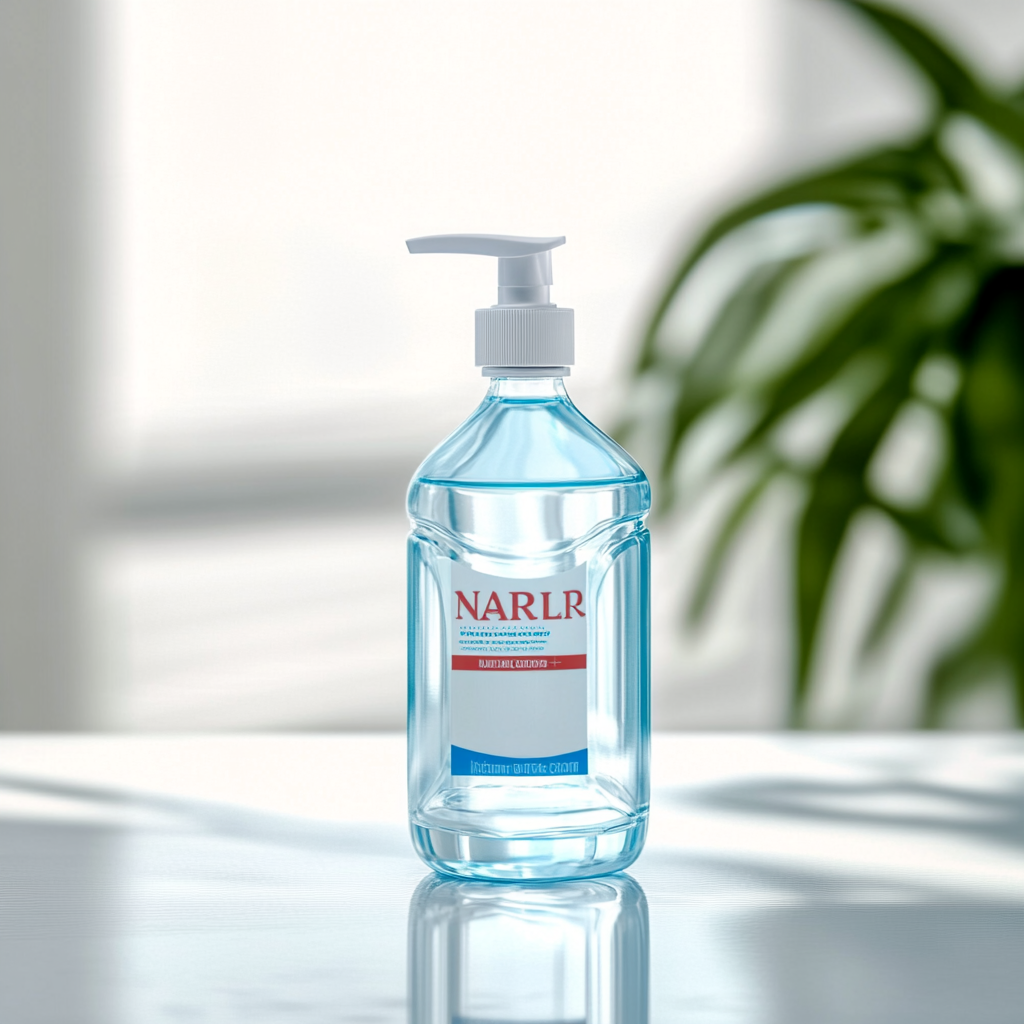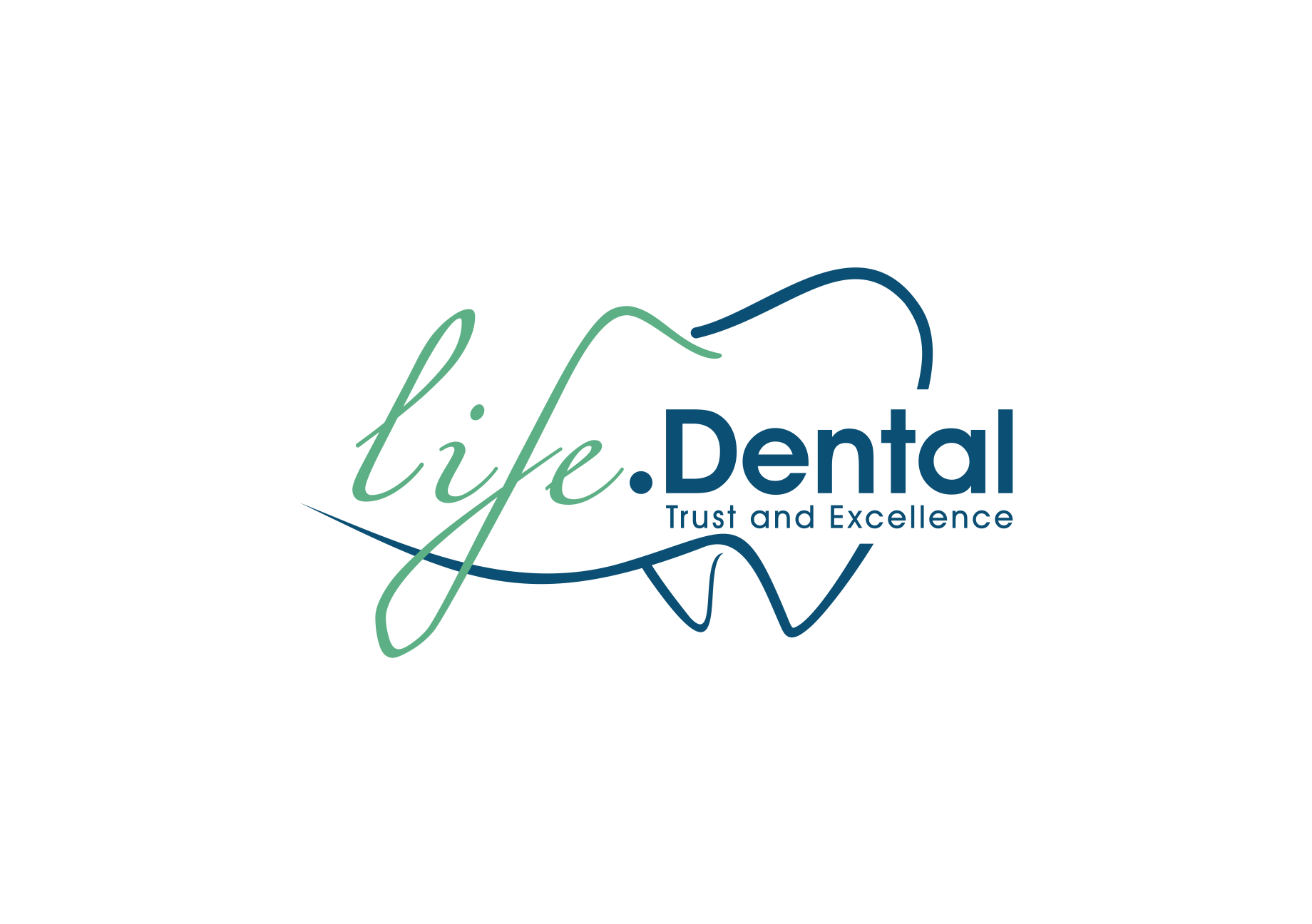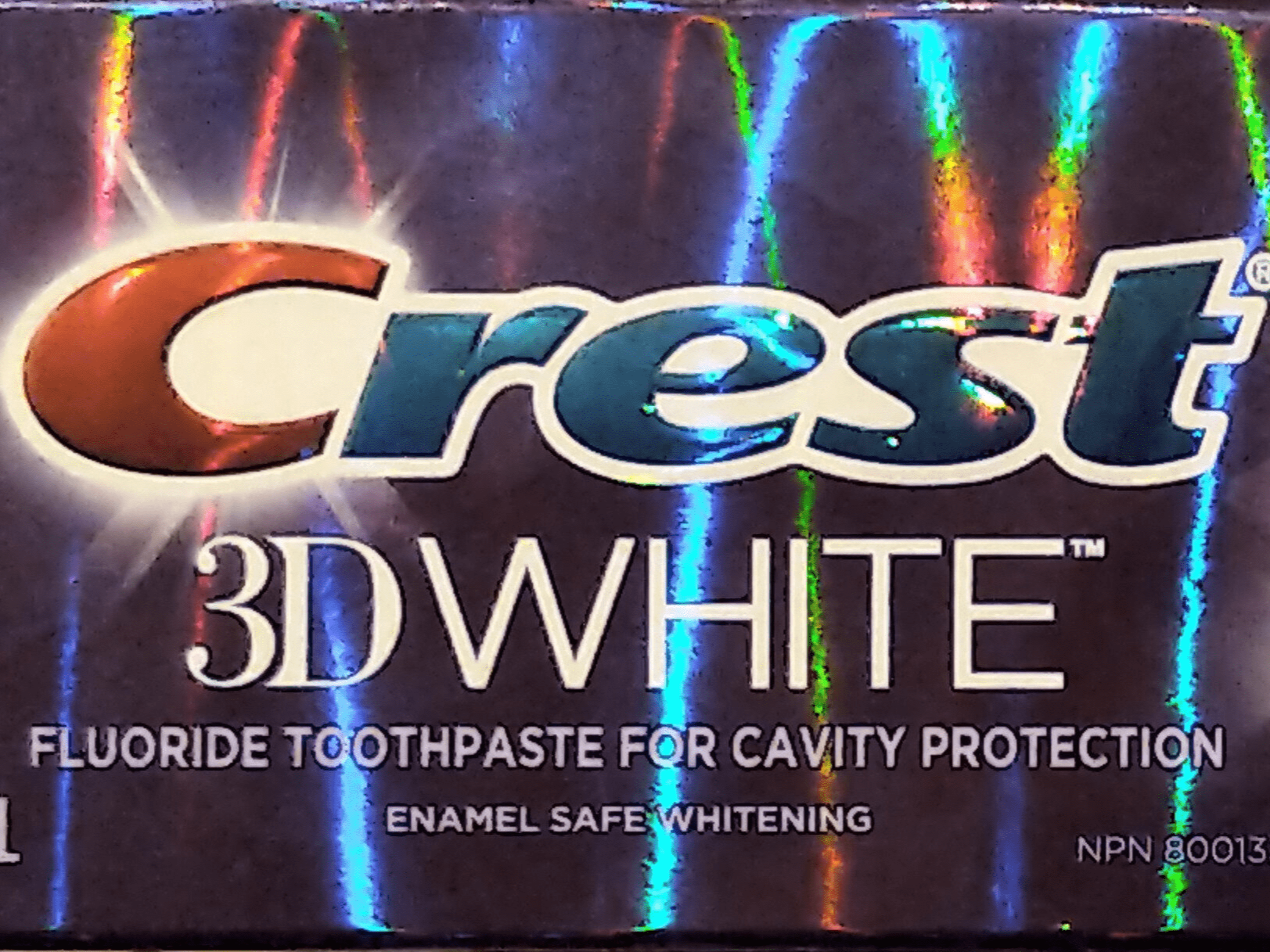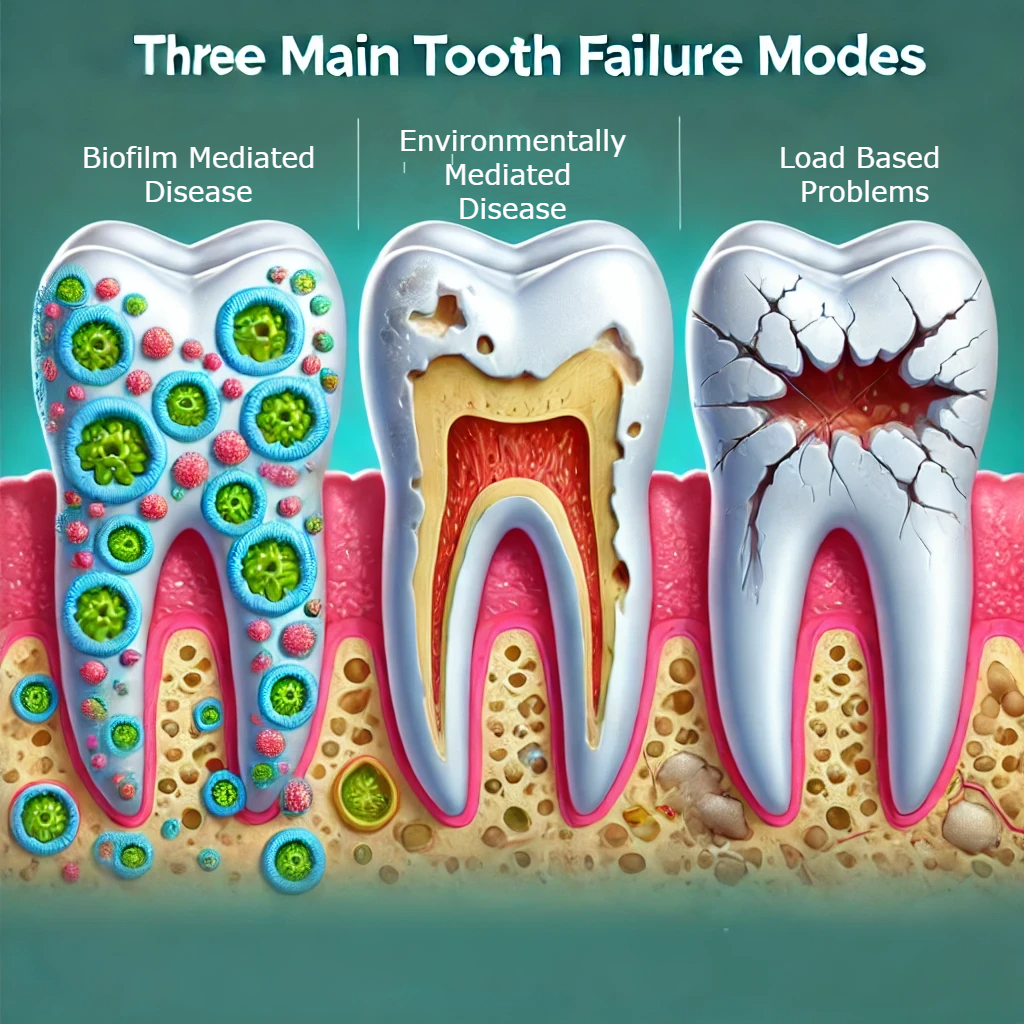· Dental Care · 4 min read
Does Mouthwash Help with Teeth Whitening? Exploring the Facts
Whitening mouthwashes claim to brighten your smile, but do they really work? This guide explores how effective mouth rinses are at improving tooth color and why hydrogen peroxide-free formulas may not deliver long-lasting results.

Overview
Mouthwash has long been a staple in oral hygiene routines, but can it also help with teeth whitening? Whitening mouthwashes are widely marketed for their ability to brighten teeth, but the reality might not align with the claims. This article breaks down how whitening mouth rinses work, especially those without hydrogen peroxide, and whether they can really make a noticeable difference in tooth color.
The Science Behind Whitening Mouth Rinses
A recent study published in the Journal of Esthetic and Restorative Dentistry evaluated several popular non-hydrogen peroxide mouthwashes, such as Oral-B 3D White Luxe, Listerine Advanced White, Colgate Max White, and iWhite Whitening Mouthwash. These products contain various whitening agents like sodium pyrophosphate, tetrasodium pyrophosphate, and sodium hexametaphosphate, which are known for their ability to reduce surface-level stains.
Key Findings on Whitening Efficacy
The study concluded that these non-hydrogen peroxide mouth rinses contributed “a little in the improvement of tooth color, removing only superficial staining, without any further tooth bleaching effect.” This means while these products can help remove some stains, they don’t penetrate deep enough to provide a significant whitening effect, especially when compared to professional treatments or hydrogen peroxide-based options.
Short-Term Results, Limited Whitening Power
The whitening benefits of these mouth rinses tend to be modest and short-lived. Although they may help maintain a whiter appearance after using more potent treatments, their ability to “whiten” teeth by themselves is limited. Essentially, non-hydrogen peroxide mouthwashes are better suited for maintaining oral hygiene and preventing new stains rather than achieving dramatic whitening results.
Why Non-Hydrogen Peroxide Mouthwashes Fall Short
The main limitation of non-hydrogen peroxide mouthwashes lies in their inability to break down stains beneath the enamel’s surface. Hydrogen peroxide, commonly used in professional whitening treatments, works by penetrating the enamel and oxidizing deep-set stains. Without this key ingredient, non-hydrogen peroxide mouthwashes can only address surface-level stains, making them less effective for long-term whitening.
Surface Stain Removal vs. Deep Whitening
It’s important to differentiate between surface stain removal and deep whitening. While mouthwashes can assist in removing plaque or food-based discoloration, they don’t have the chemical strength to alter the natural color of your teeth. For people who want a visibly whiter smile, mouth rinses alone may not be enough to achieve the desired results.
Do Whitening Mouthwashes Have a Place in Your Routine?
Whitening mouthwashes can still be valuable as part of your overall oral care routine, especially if you regularly consume stain-causing foods or beverages like coffee, tea, or red wine. They help rinse away debris and prevent new stains from forming. However, if your primary goal is to whiten your teeth by several shades, you’ll need to explore other options like professional whitening treatments or over-the-counter products containing hydrogen peroxide.
Best Use Cases for Whitening Mouthwashes
- Maintenance: After a professional whitening treatment, these mouthwashes can help you maintain a bright smile by removing daily stains.
- Prevention: Regular use can minimize the buildup of new surface stains, especially if combined with good brushing and flossing habits.
- Freshness: Whitening mouthwashes often provide additional benefits, such as freshening breath and killing bacteria that cause plaque buildup.
Conclusion
In summary, non-hydrogen peroxide whitening mouthwashes offer limited benefits when it comes to significantly brightening your teeth. While they can help reduce surface stains and maintain a whiter appearance after other treatments, they aren’t strong enough to dramatically alter tooth color on their own. For deeper, longer-lasting results, consider exploring professional whitening options or products that contain hydrogen peroxide. If you’re interested in more ways to maintain your oral health, check out our guides on cleaning services, deep cleaning, and cosmetic dentistry.
References
Ntovas P, Masouras K, Lagouvardos P. Efficacy of Non-Hydrogen Peroxide Mouth Rinses on Tooth Whitening: An In Vitro Study. J Esthet Restor Dent. 2021 Oct;33(7):1059-1065.



